How could escalation in the Middle East affect the global economy?
Oil prices have already risen but wider conflict could see supply chains disrupted more broadly
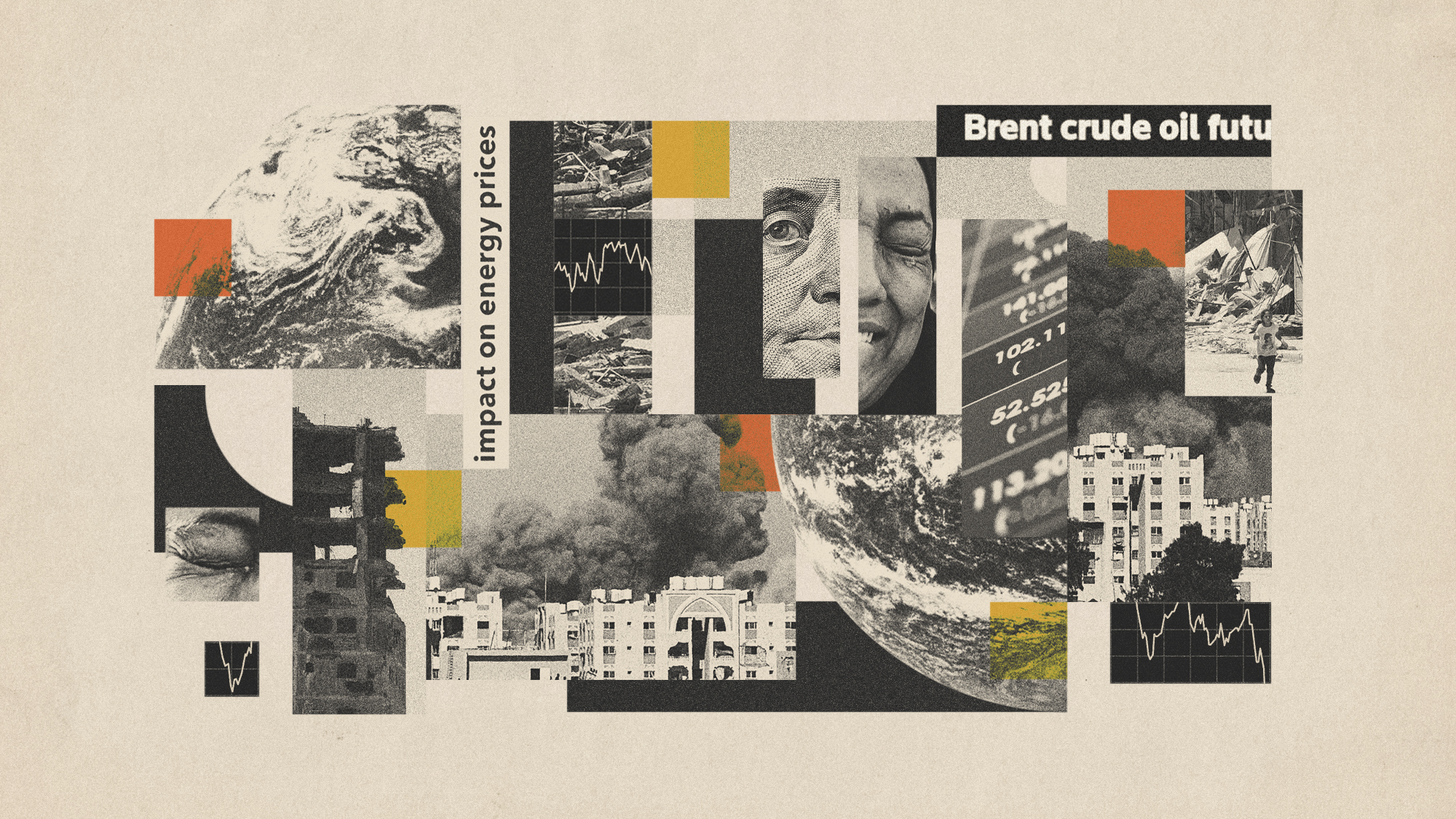
Oil prices soared to their highest level in more than a month yesterday after Joe Biden said an Israeli airstrike on Tehran's oil facilities was under discussion.
The cost of Brent crude oil rose by more than 5%, global stocks have "tumbled" and the price of gold "spiked", said The Telegraph. Experts have warned that the escalating conflict in the Middle East could "send a chill through the global economy", said The New York Times.
What did the commentators say?
An attack on Tehran's oil infrastructure could "damage the Iranian economy", said the NYT, and limit the amount of oil the country exports. This in turn "could affect China in particular, a huge buyer of Iranian oil". Tehran could choose to retaliate by trying to block the Strait of Hormuz or attack ships sailing through the region, "snarling the shipments of oil" and "upsetting supply chains more broadly".
The Week
Escape your echo chamber. Get the facts behind the news, plus analysis from multiple perspectives.

Sign up for The Week's Free Newsletters
From our morning news briefing to a weekly Good News Newsletter, get the best of The Week delivered directly to your inbox.
From our morning news briefing to a weekly Good News Newsletter, get the best of The Week delivered directly to your inbox.
Petrol prices could "rise for customers in the UK", said the i news site, because although sanctions mean the UK does not import oil from Iran, any disruption to its oil production "could have a knock on oil prices globally".
But it is "not clear" that there would be the kind of "sustained, sharper rises that motorists start to notice at the fuel pump", said Reuters. The United States has "high levels of crude oil inventories" and policymakers in Europe estimate a "durable 10% rise in prices" would be needed to push up inflation by just 0.1 percentage point.
Increased oil production from the US, Brazil and other countries in the past two decades "has diversified the global fuel supply, which means oil markets rely less on Middle East shipments that Tehran could disrupt", said Politico.
On the other hand, if there are further disruptions to trade routes through the Red Sea, the effects "would be more tangible", Oxford Economics told Reuters, because it would hike oil prices up to $130 and knock 0.4 percentage points off global output growth next year.
A free daily email with the biggest news stories of the day – and the best features from TheWeek.com
The Bank of England is "monitoring the Middle East crisis" amid fears that a "worsening conflict" will "leave the global economy vulnerable to a 1970s-style energy shock", said The Guardian. Andrew Bailey, the bank's governor, said that "geopolitical concerns are very serious".
Bailey said if the news on inflation continued to be good there was a chance the bank could become “a bit more activist” in its approach to cutting interest rates. But if rising prices push up inflation, those cuts would immediately be open to doubt.
What next?
Asked how confident he was that there would be a regional war, President Biden said: "Look, I don't believe there is going to be an all-out war. I think we can avoid it."
But Iran's supreme leader Ayatollah Ali Khamenei defended his country's attack on Israel as a "minimum punishment", and, in a rare public speech, he vowed that Iran will not "hesitate" when it comes to dealing with Israel.
As the world awaits Israel's next move, the words of Benjamin Netanyahu continue to echo. After Iran's missile attack on his country this week, Israel's prime minister said Tehran would "pay for it", vowing that "we will stand by the rule we established: whoever attacks, we will attack them".
Chas Newkey-Burden has been part of The Week Digital team for more than a decade and a journalist for 25 years, starting out on the irreverent football weekly 90 Minutes, before moving to lifestyle magazines Loaded and Attitude. He was a columnist for The Big Issue and landed a world exclusive with David Beckham that became the weekly magazine’s bestselling issue. He now writes regularly for The Guardian, The Telegraph, The Independent, Metro, FourFourTwo and the i new site. He is also the author of a number of non-fiction books.
-
 Striking homes with indoor pools
Striking homes with indoor poolsFeature Featuring a Queen Anne mansion near Chicago and mid-century modern masterpiece in Washington
-
 Why are federal and local authorities feuding over investigating ICE?
Why are federal and local authorities feuding over investigating ICE?TODAY’S BIG QUESTION Minneapolis has become ground zero for a growing battle over jurisdictional authority
-
 ‘Even those in the United States legally are targets’
‘Even those in the United States legally are targets’Instant Opinion Opinion, comment and editorials of the day
-
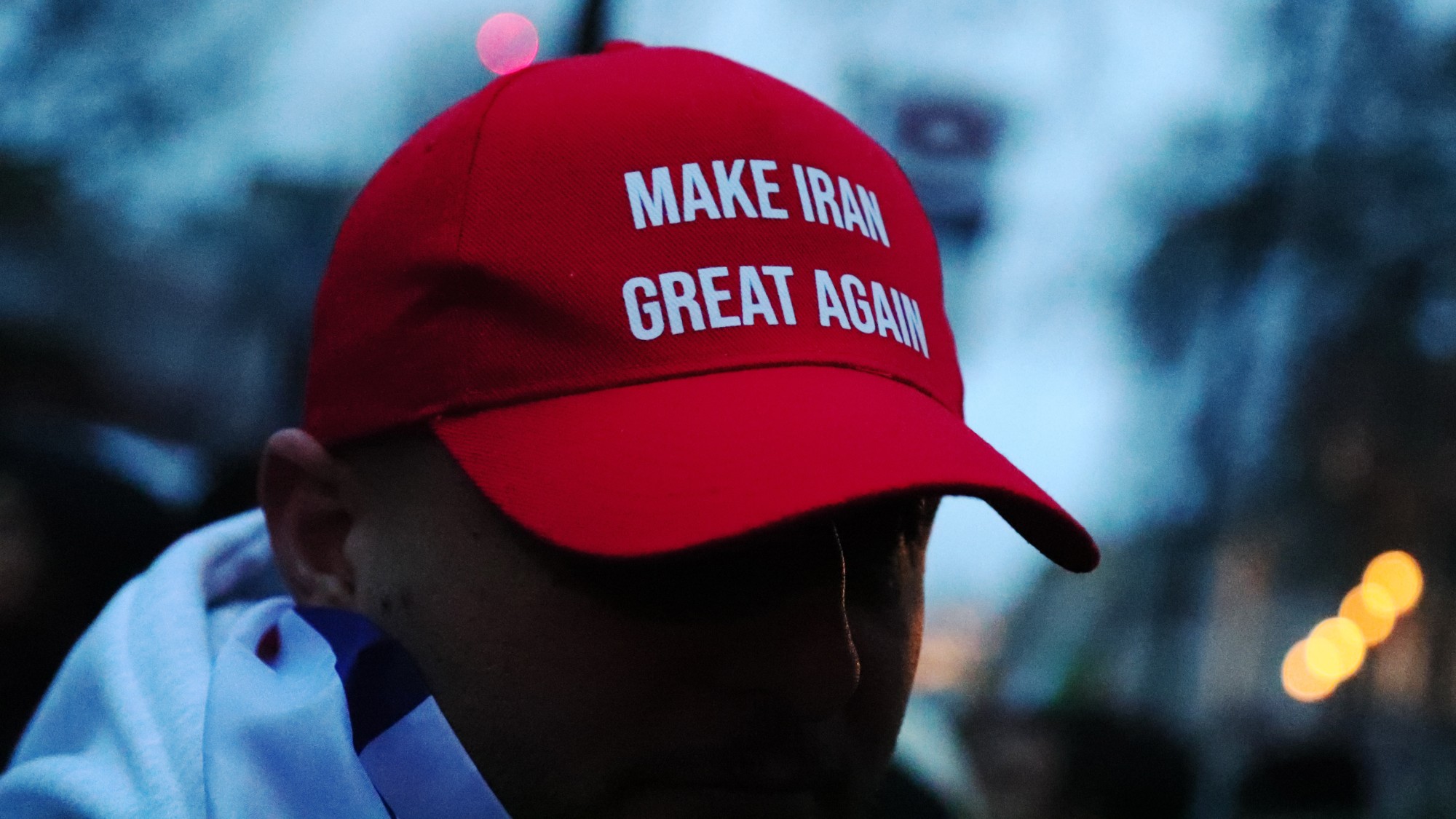 What are Donald Trump’s options in Iran?
What are Donald Trump’s options in Iran?Today's Big Question Military strikes? Regime overthrow? Cyberattacks? Sanctions? How can the US help Iranian protesters?
-
 EU-Mercosur mega trade deal: 25 years in the making
EU-Mercosur mega trade deal: 25 years in the makingThe Explainer Despite opposition from France and Ireland among others, the ‘significant’ agreement with the South American bloc is set to finally go ahead
-
 Maduro’s capture: two hours that shook the world
Maduro’s capture: two hours that shook the worldTalking Point Evoking memories of the US assault on Panama in 1989, the manoeuvre is being described as the fastest regime change in history
-
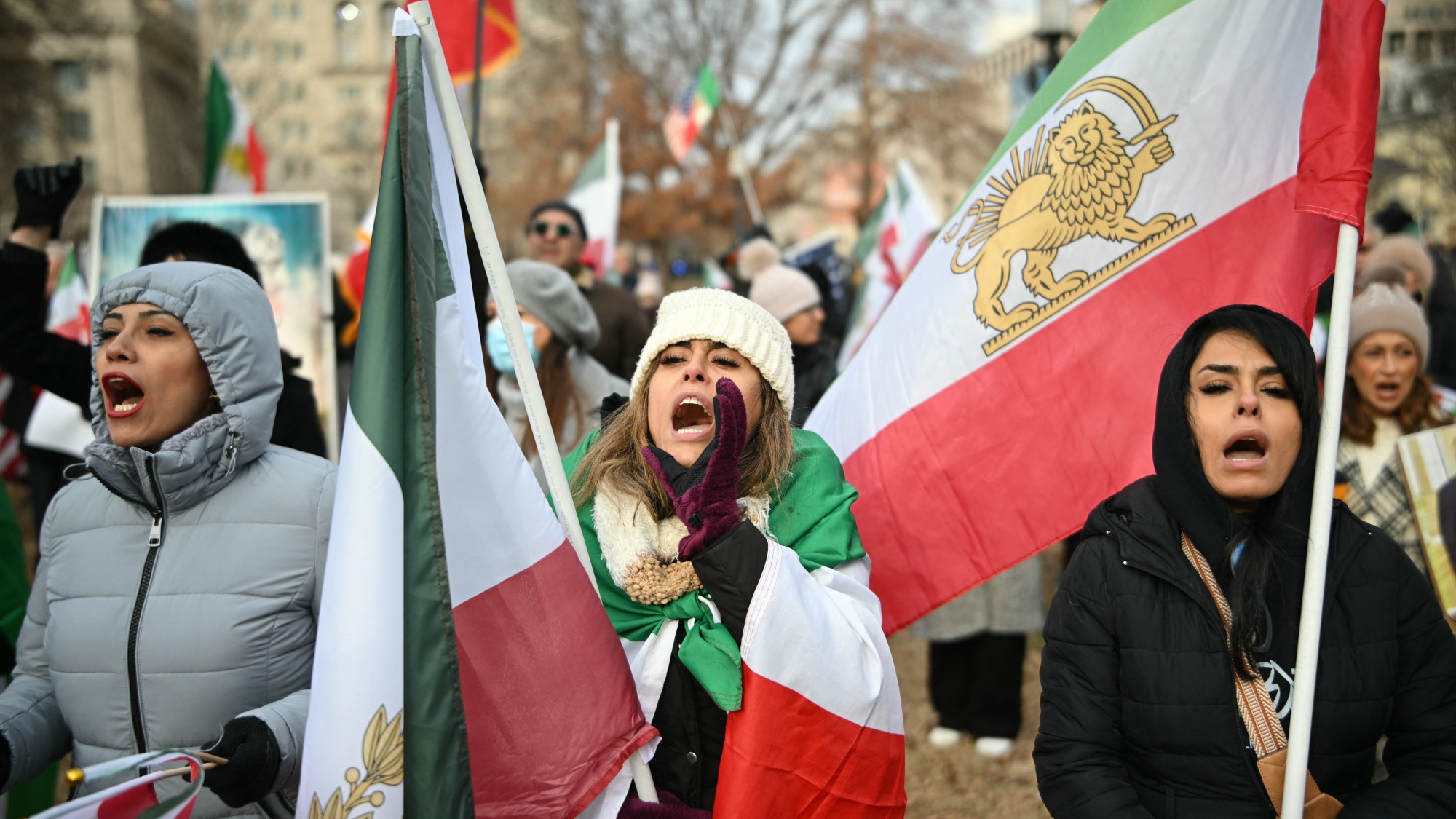 Unrest in Iran: how the latest protests spread like wildfire
Unrest in Iran: how the latest protests spread like wildfireIn the Spotlight Deep-rooted discontent at the country’s ‘entire regime’ and economic concerns have sparked widespread protest far beyond Tehran
-
 Do oil companies really want to invest in Venezuela?
Do oil companies really want to invest in Venezuela?Today’s Big Question Trump claims control over crude reserves, but challenges loom
-
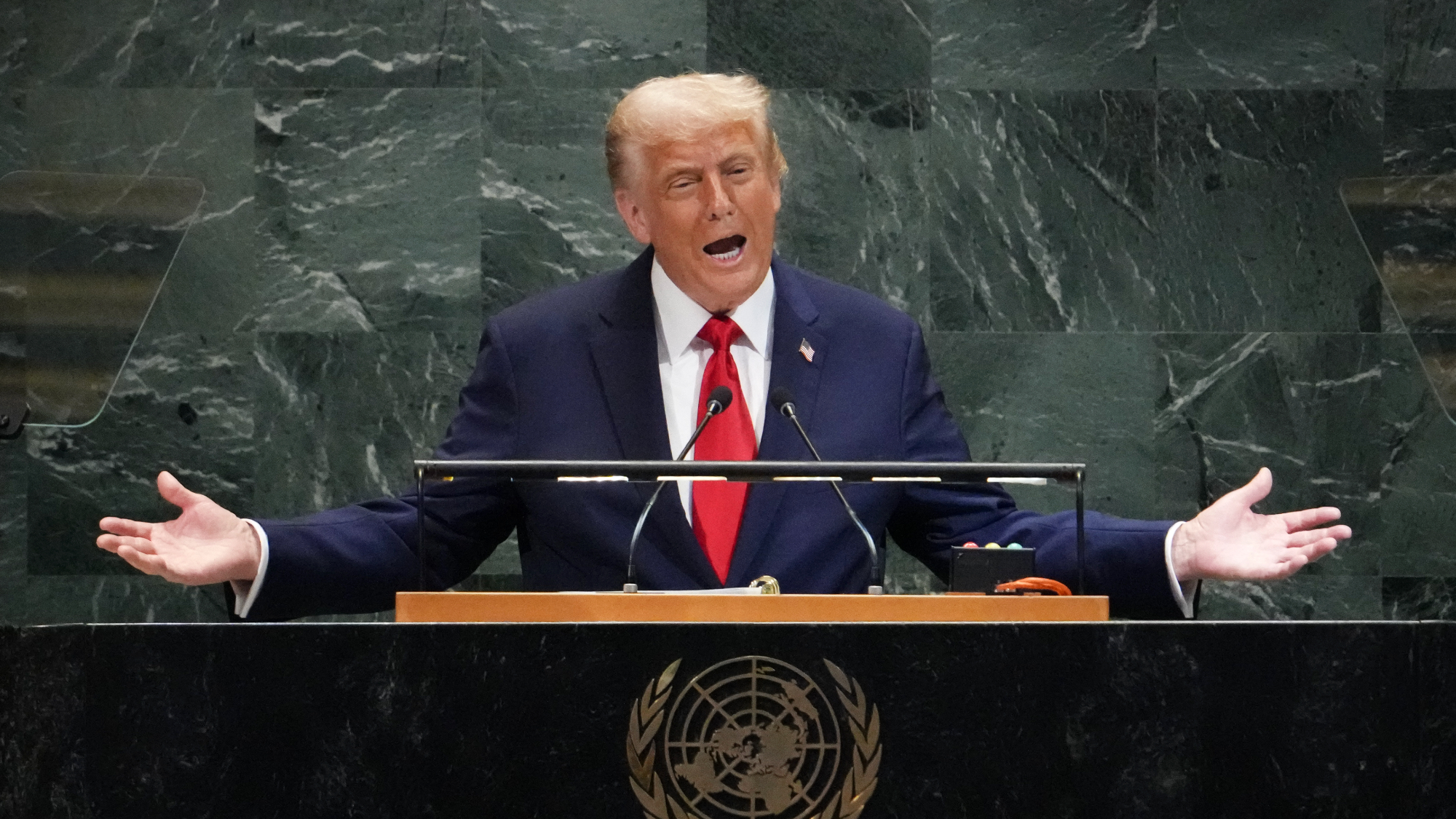 Trump pulls US from key climate pact, other bodies
Trump pulls US from key climate pact, other bodiesSpeed Read The White House removed dozens of organizations from US participation
-
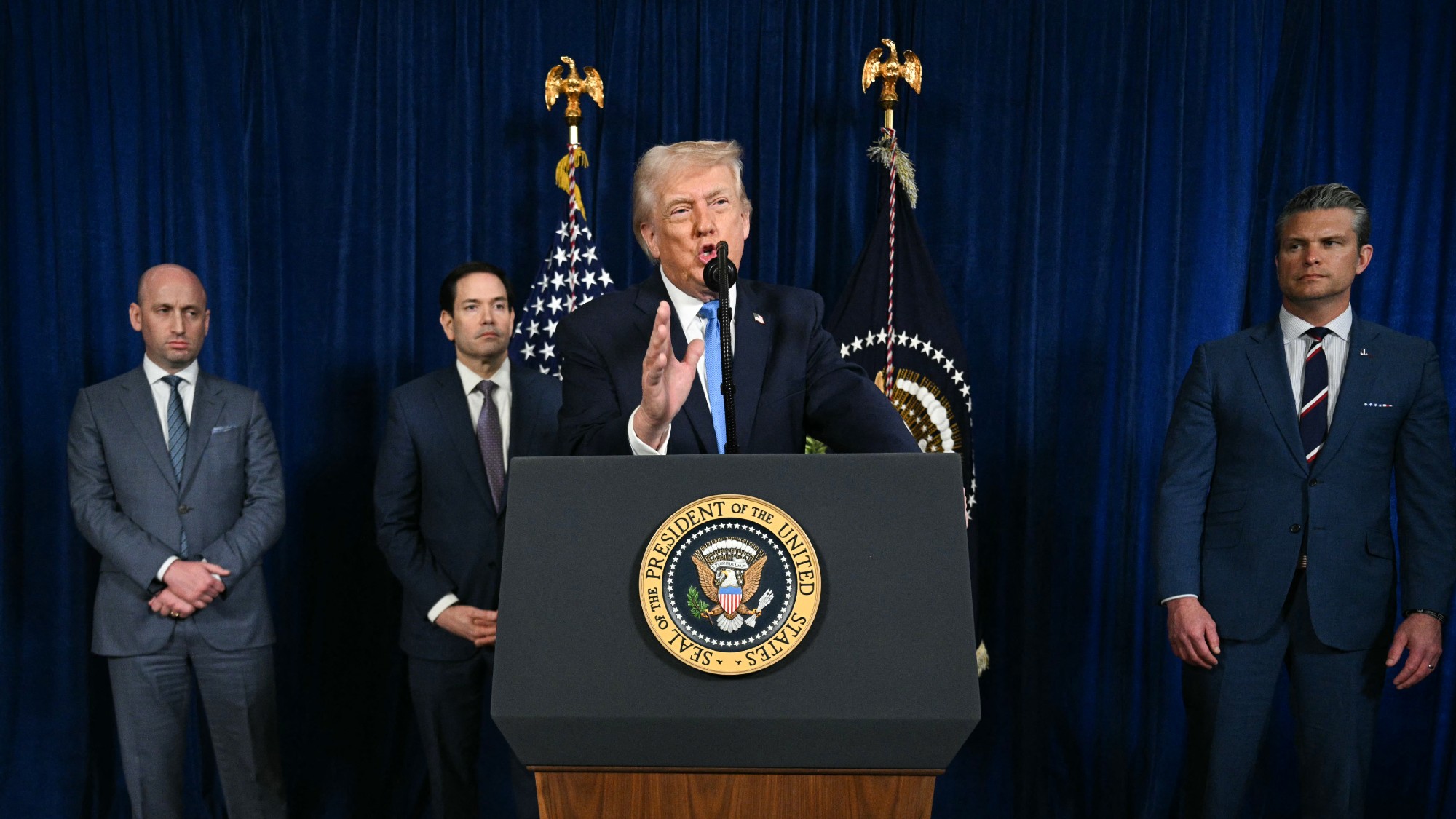 What is the Donroe Doctrine?
What is the Donroe Doctrine?The Explainer Donald Trump has taken a 19th century US foreign policy and turbocharged it
-
 What is China doing in Latin America?
What is China doing in Latin America?Today’s Big Question Beijing offers itself as an alternative to US dominance